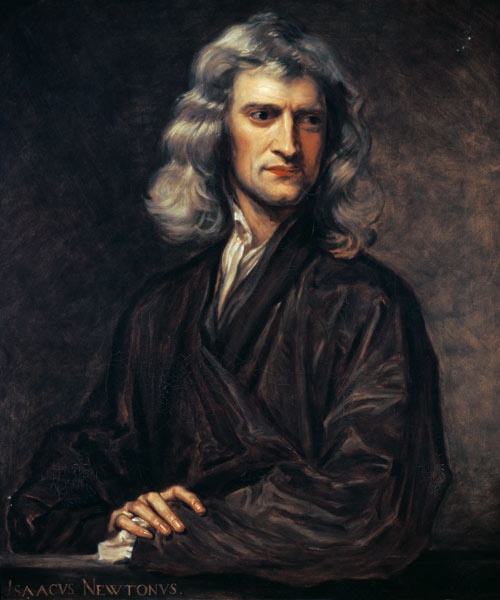 Isaac Newton, one of the most influential scientists in history, led a life marked by solitude and complexity. Known for his brilliance, he was also notoriously difficult to befriend. Newton had no wife, no girlfriends, and a nonexistent social life. In his entire life, he had only one friend: John Wickins.
Isaac Newton, one of the most influential scientists in history, led a life marked by solitude and complexity. Known for his brilliance, he was also notoriously difficult to befriend. Newton had no wife, no girlfriends, and a nonexistent social life. In his entire life, he had only one friend: John Wickins.
Their friendship began during college when both men, frustrated with their roommates, decided to move in together. Wickins became a caring companion, ensuring Newton ate and slept properly. Their bond revolved around shared academic interests, with Wickins often assisting Newton in his eccentric experiments. Despite this, their friendship eventually collapsed.
Speculations suggest a major fallout between the two. Newton’s cold demeanor, insensitivity, and self-absorption likely drove them apart. After Wickins left, he never spoke of Newton again—not even to his own son. Newton, in turn, realized Wickins’ significant contributions but replaced him with an assistant rather than repairing the friendship.
This was Newton’s only friendship, highlighting his inability to connect with others. While his life was devoid of warmth and camaraderie, it was filled with hardship, tragedy, and monumental achievements. Newton chose a life dedicated to his work, forsaking personal relationships for scientific legacy.
The story of Newton invites us to reflect: What kind of life do we want? Friendships, while not as essential as air or water, come with their own pros and cons. Newton’s path shows that great achievements can coexist with isolation, but at what cost?